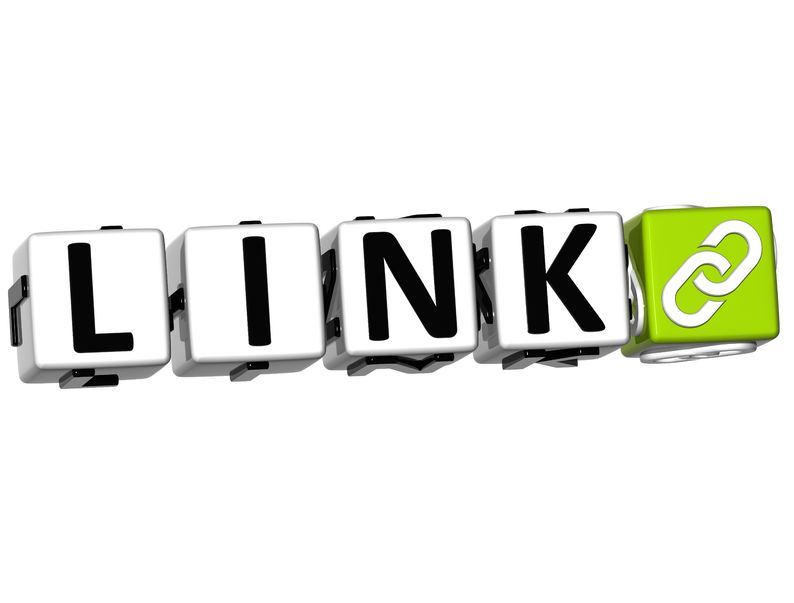
In today’s digital marketplace, an organization’s website serves as the headquarters for company information, products and services as well as thought leadership. As such, the search engine visibility of your website directly impacts how noticeable your brand is. Marketing tactics like search engine optimization, link building, advertising, content and media mentions contribute to increased website traffic. Outbound links may not be the first tactic that comes to mind to bring people to your website. When done well, however, a network of outbound links can enhance your visitors’ experience, boost your site’s search engine visibility, increase the perception of your website and improve your or your company’s position as a thought leader.
What are Outbound Links?
Outbound links are also known as external links and direct traffic away from your website to a different one. These links can be used to refer to associated or suggested content. They also can cite reference materials, research, studies, images or quotes. While it may seem counterintuitive to send visitors away from your website, when done correctly, outbound links are a critical component of a company’s digital marketing program.
Don’t Fall for These Myths

Myth #1: You only need internal links that lead to other pages within your own website. When it comes to SEO, having a thorough site network allows a user and search engine crawler to stay on your website longer to index more information. This is known as “link building.” You can link to your own pages through top and bottom bar menus, suggested or related content, or within content for additional resources. However, linking to other websites is where the real magic happens. By connecting your website with others within and outside your industry, you create a network of mutual support that can result in more shared content, improved visibility, new opportunities or client referrals.
Myth#2: Outbound links only send visitors away from your website. The truth is that outbound links enhance the credibility of your content through reputable sources and result in producing a more trustworthy brand and reputation. Further, they simply facilitate a better user and customer experience. Content that solves a prospect’s problem by leveraging the right resources showcases a solutions-focused company culture. Bobby Holland, founder of SEO company Bipper Media, explains, “Outbound links bring balance and authenticity to the overall health of a page. If you think about it, the highest-quality articles submitted for professional reviews always reference their sources. Outbound links help achieve authority in the same way when you reference the sources used in the creation of your content.” When inserting outbound links, be sure you are connecting with a variety of quality sites that offer a positive user experience. Avoid linking to gated content and websites with heavy advertising, as those types of sites are looked upon less favorably by search engines and visitors.
Myth #3: Outbound links hurt SEO. Search engine crawlers operate by moving across links and understanding the relevant topics associated with those links. Therefore, outbound links have the capability to improve the relevance and SEO of your content through appropriate connections and resources. The links enable readers and search engines to understand what industry you’re in, the connections you associate with, the perspectives you share and what solutions you provide. Linking to the right kinds of pages is important. SEO expert Bruce Clay advises, “If the two pages (the webpage on your site and the webpage you are linking to) are not on a related topic, the link may appear unnatural to search engines and this could impact your ability to rank. It will not only confuse readers but can look like spam. These are the types of outbound links that can harm your SEO.” Focus on links that can associate content with relevant search topics.
Strike a Balance

An outbound links strategy is an important way your website can participate in and contribute to the internet. Links can add value for readers, help your site with SEO and open conversations with other businesses. Like with any type of content, it’s always important to provide value and customer-centric messaging. If your site visitors don’t like what they see, read and experience on your site, they will leave and are unlikely to return. If your content is truly meaningful and relevant to the reader, outbound links will add credibility to your messaging rather than detract from it.
